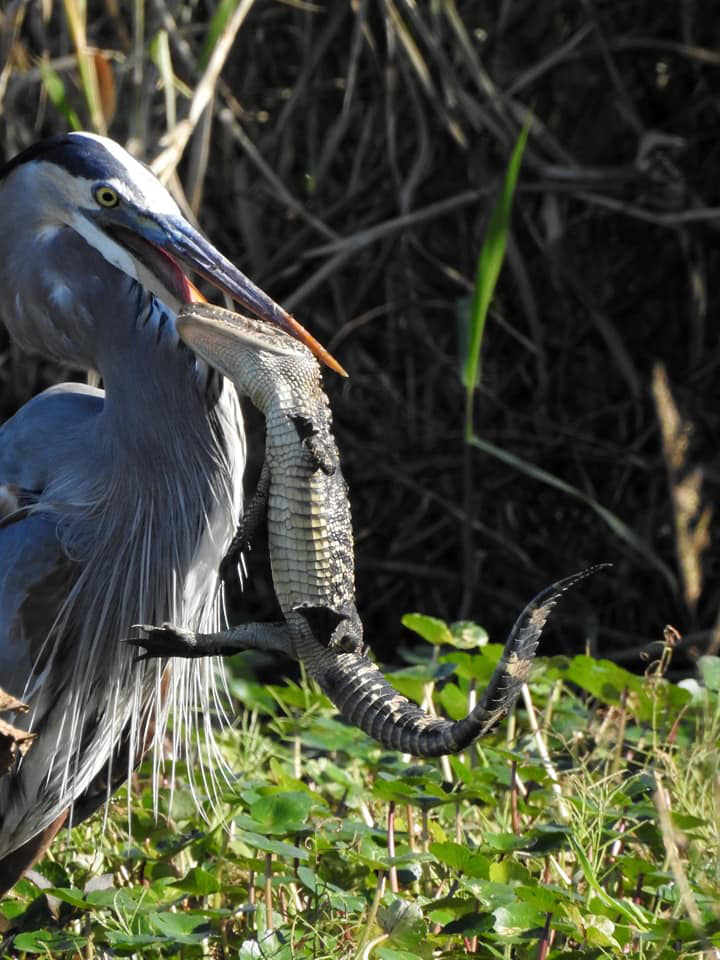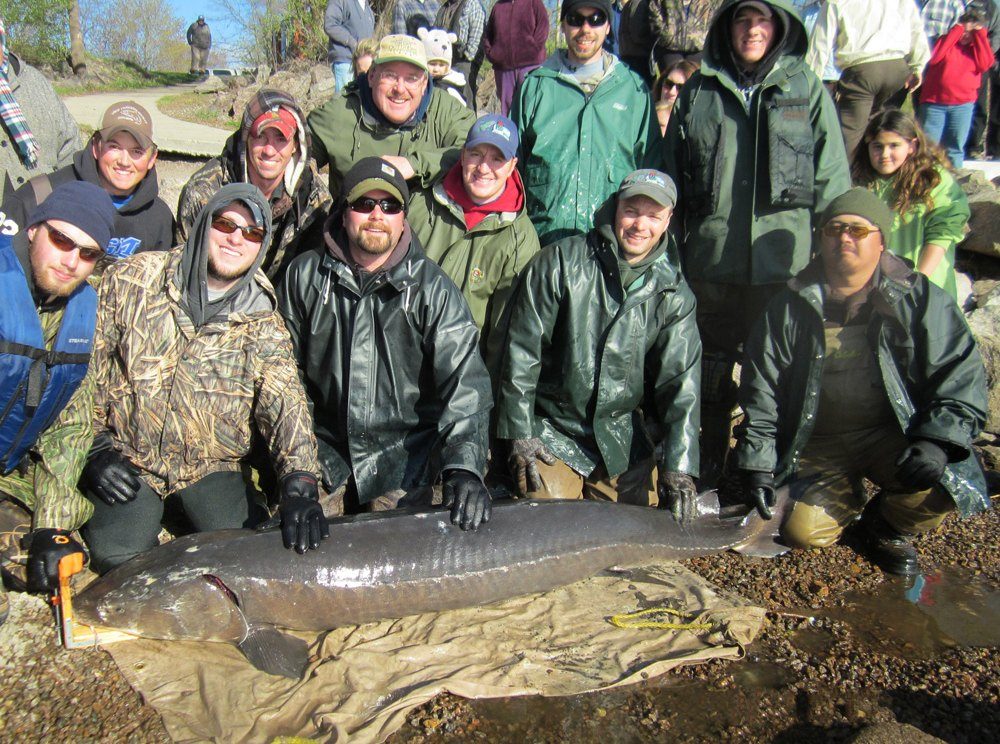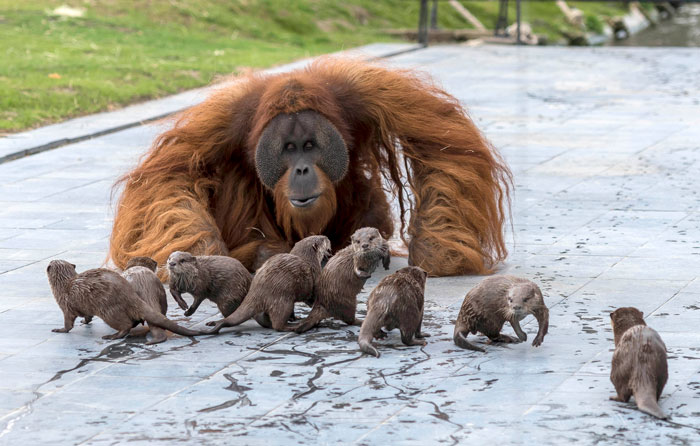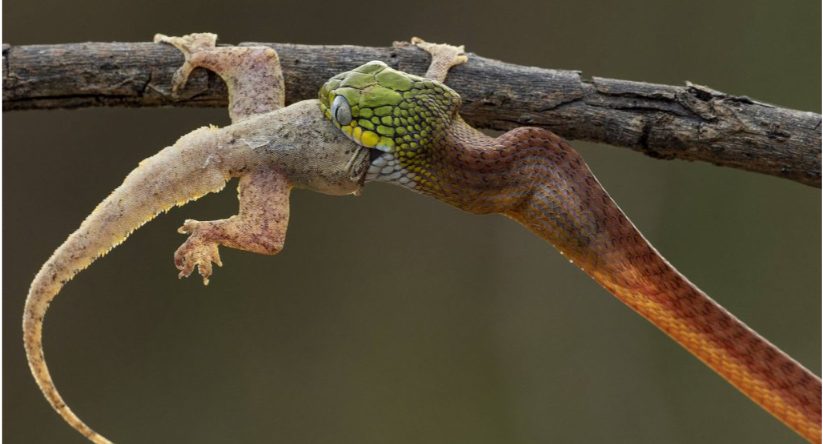Over the last few years, the Sibuya Game Reserve near the town of Kenton-on-Sea in south-eastern South Africa has faced several acts of intrusion by poachers attracted to the reserve’s vast diversity of animals, mostly its rhinos.
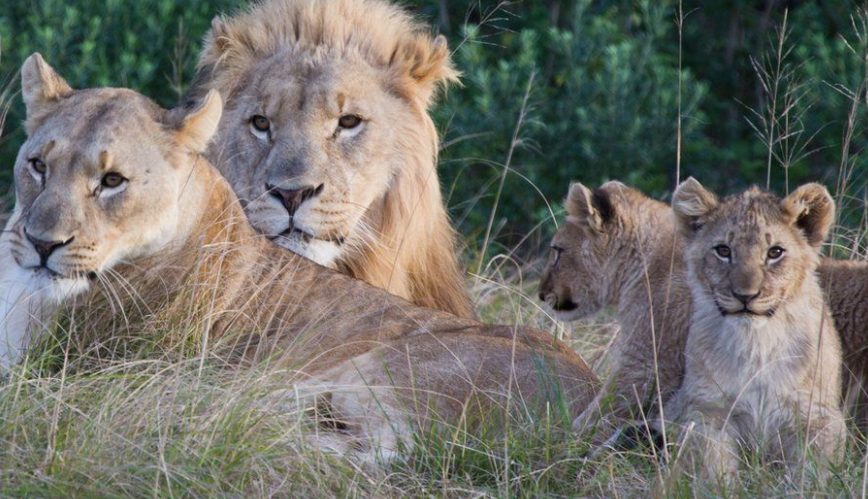
In a lion enclosure within the reserve, rangers discovered the remains of two, possibly three, suspected rhino poachers who have been mauled to death and eaten by the local lions in what some are calling an act of nature’s karma
According to Nick Fox, the park’s owner, so little of the poacher’s remains were left, investigators couldn’t even make out how many people were actually killed.
“The only body part we found was one skull and one bit of pelvis, everything else was completely gone,” said Fox. But since typical rhino poaching groups are usually made up of three people, and three sets of shoes and gloves were found on the spot, game reserve staff suspect we are talking about three men
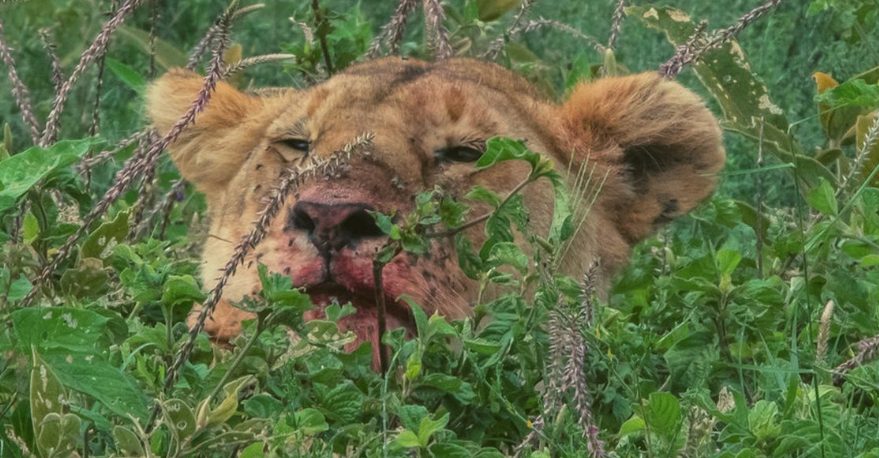
Located in the South African province of Eastern Cape, Sibuya has all the ‘Big 5′ (lions, rhinos, elephants, buffalos, and leopards) living on its 30 square miles. At around 4:30 a.m. on July 2, the reserve’s anti-poaching dogs gave a warning that something was wrong, Fox reported. The dogs’ handler then heard a ruckus from the direction of the lions but didn’t look into it since it was typical for the lions to behave like that in the early morning. The poachers’ bloodied remains were only found later by one of the reserve’s rangers. When the police arrived on the scene, together with Sibuya employees they found gear scattered throughout the bushes, including a high-powered rifle with a silencer, an ax, and wire cutters “which is a surefire sign of rhino poachers,” Fox said. A search party using a helicopter couldn’t find any survivors. Police are also trying to determine the exact number of people eaten
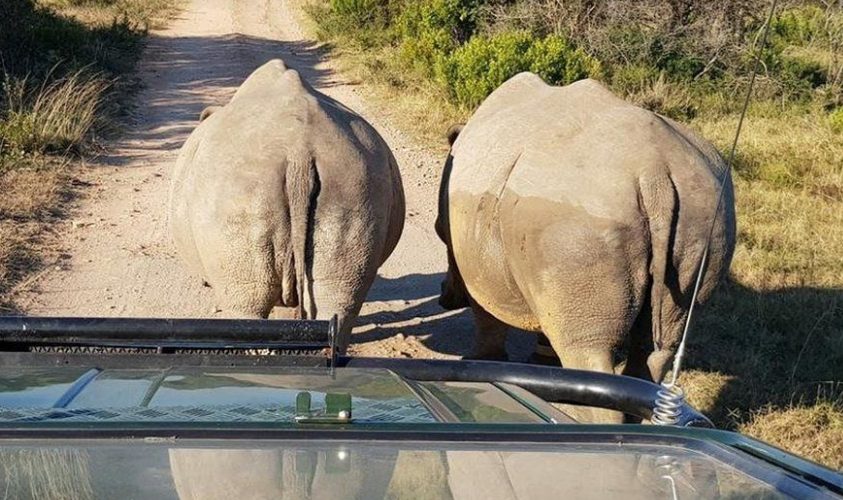
There has been a rise in poaching in Africa in recent years, to feed growing demand for rhino horn in parts of Asia. According to the South African Department of Environmental Affairs, 1,028 rhino were poached across South Africa in 2017.
Rhine horns are in high demand Southeast Asia, particularly Vietnam, because they are falsely believed to contain strong medicinal properties, even though they are of the same material as human fingernails. In these places, rhino horns can go for as much as $100,000 per kilogram (a little over two pounds) – a good incentive for poachers





